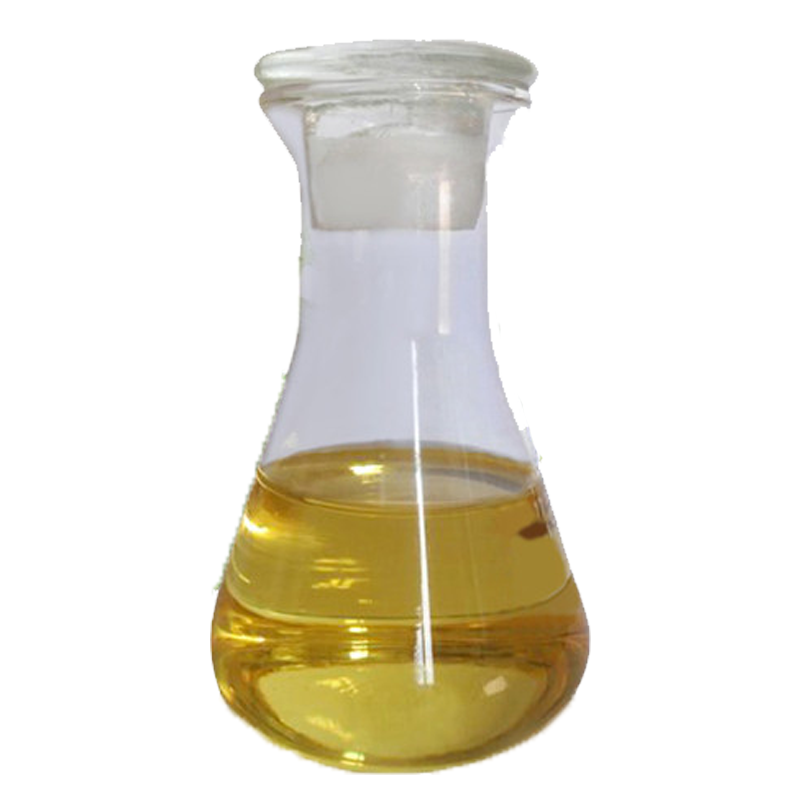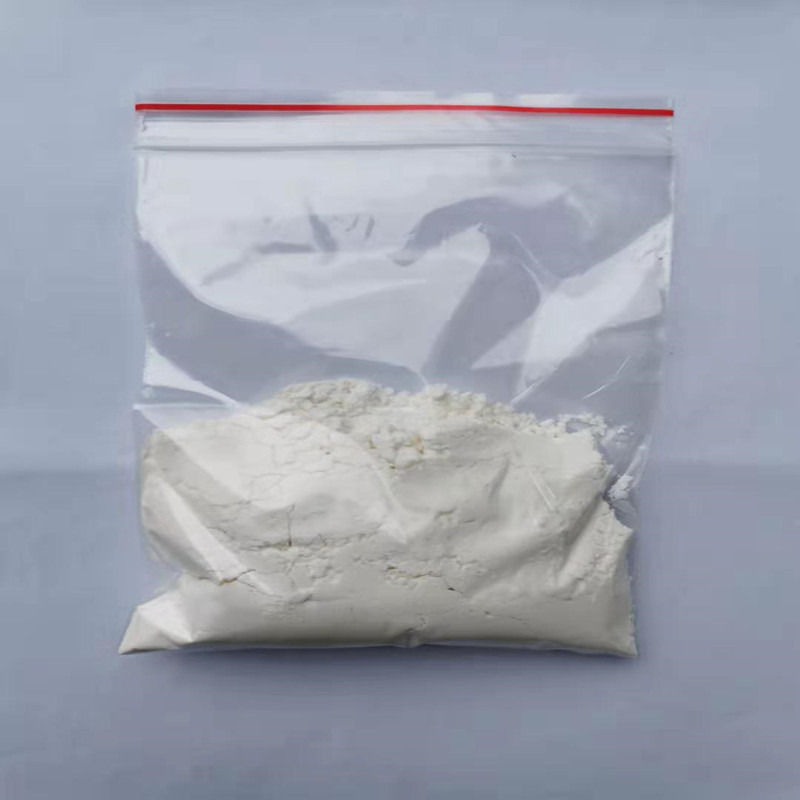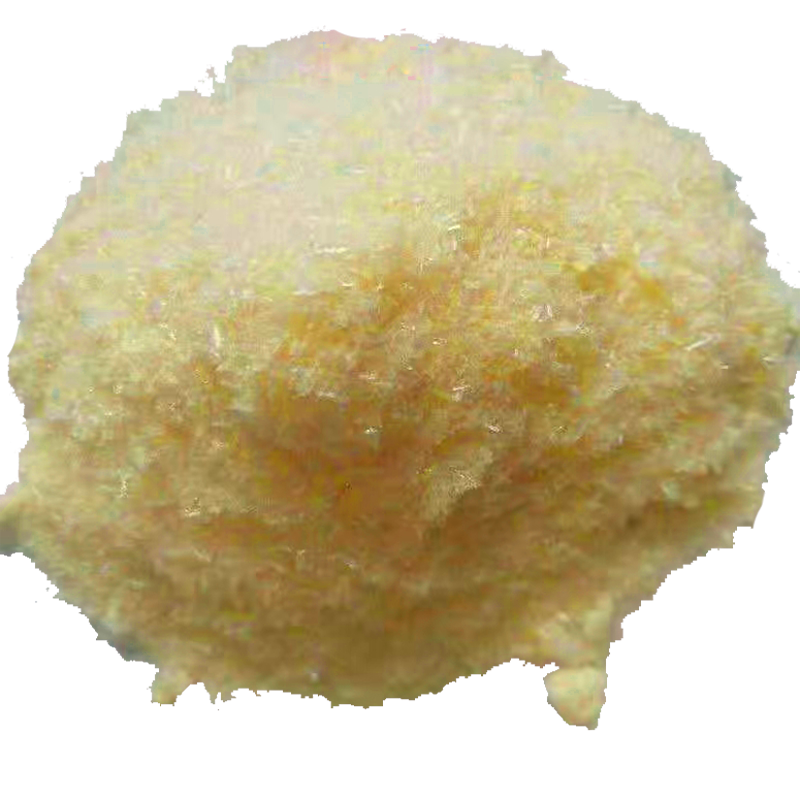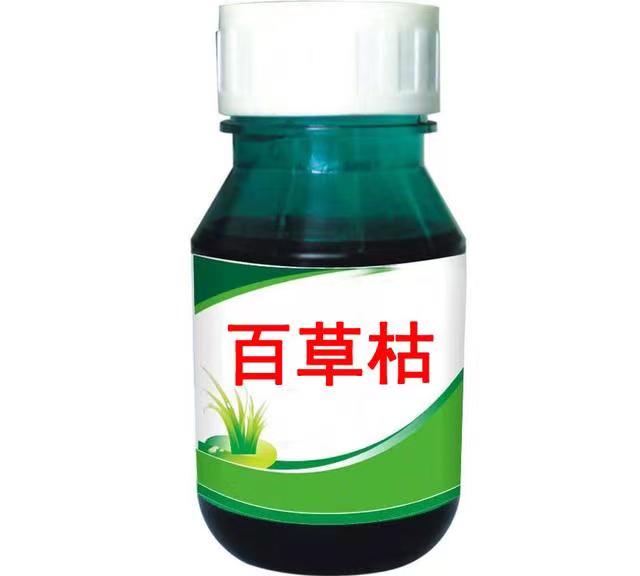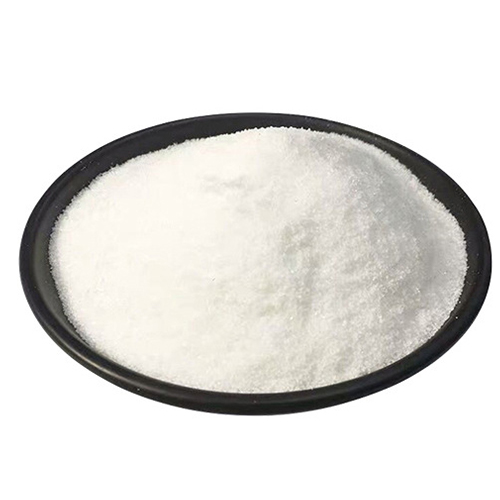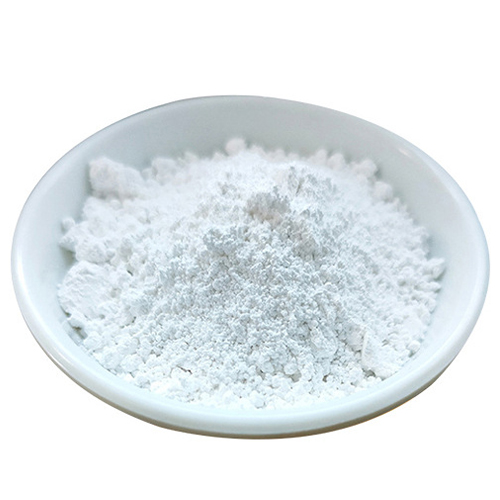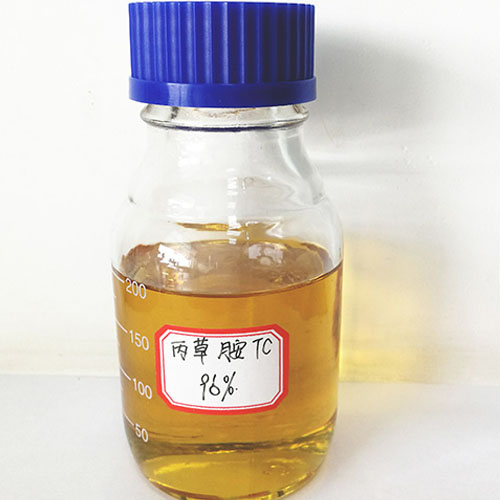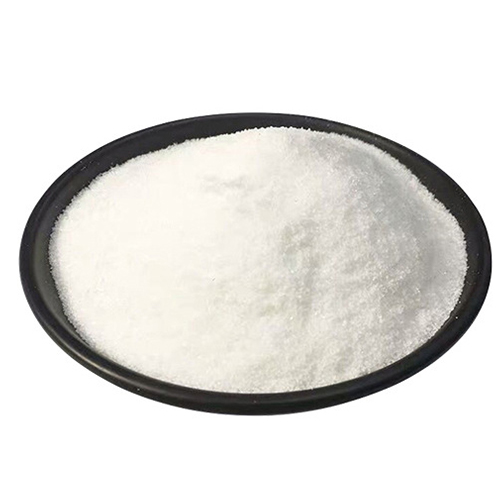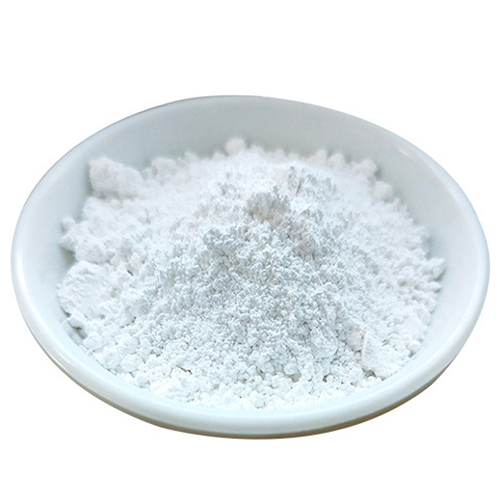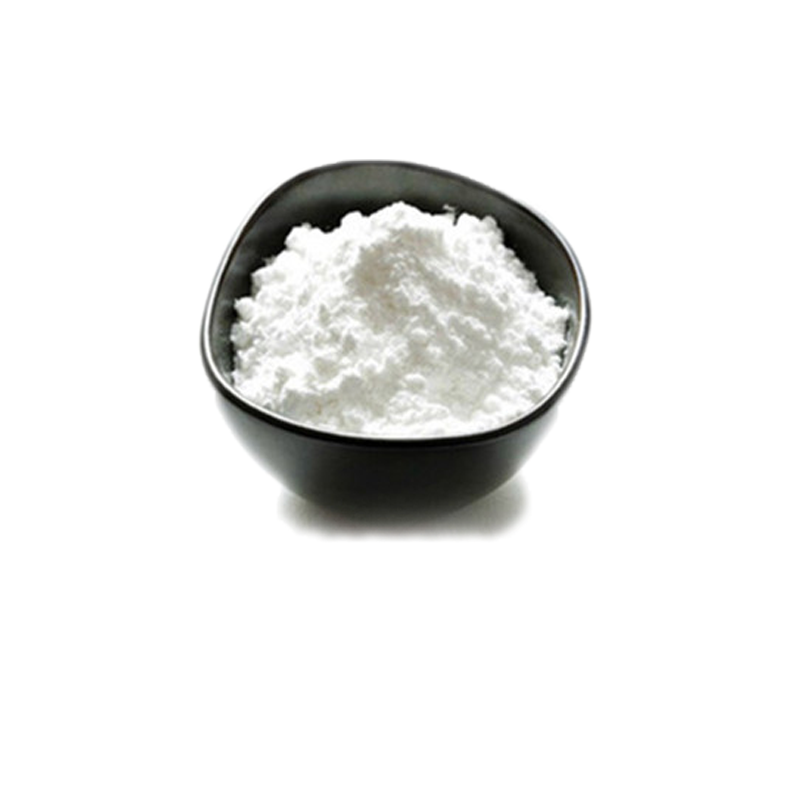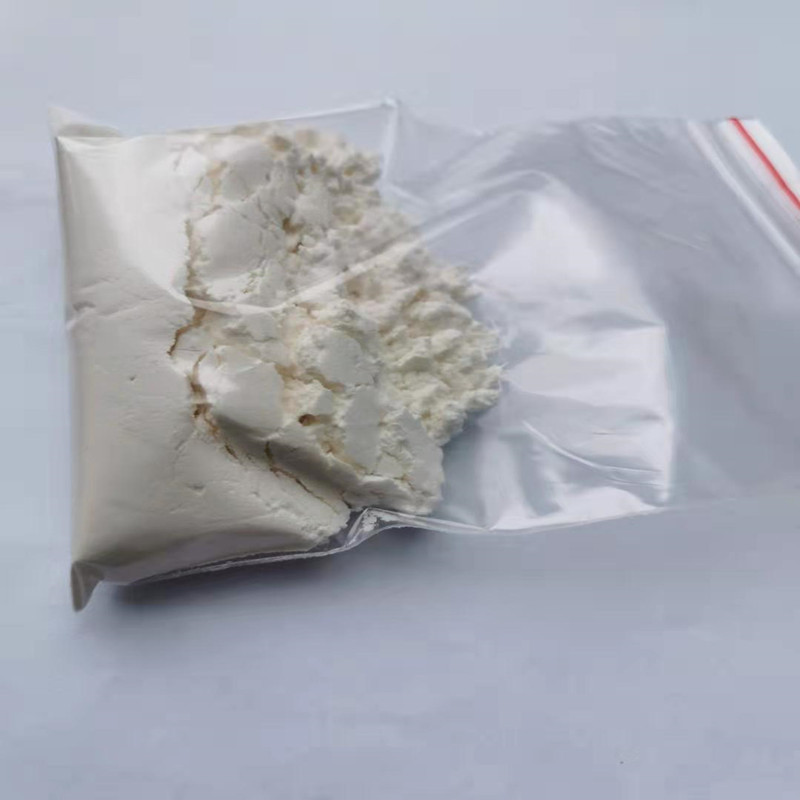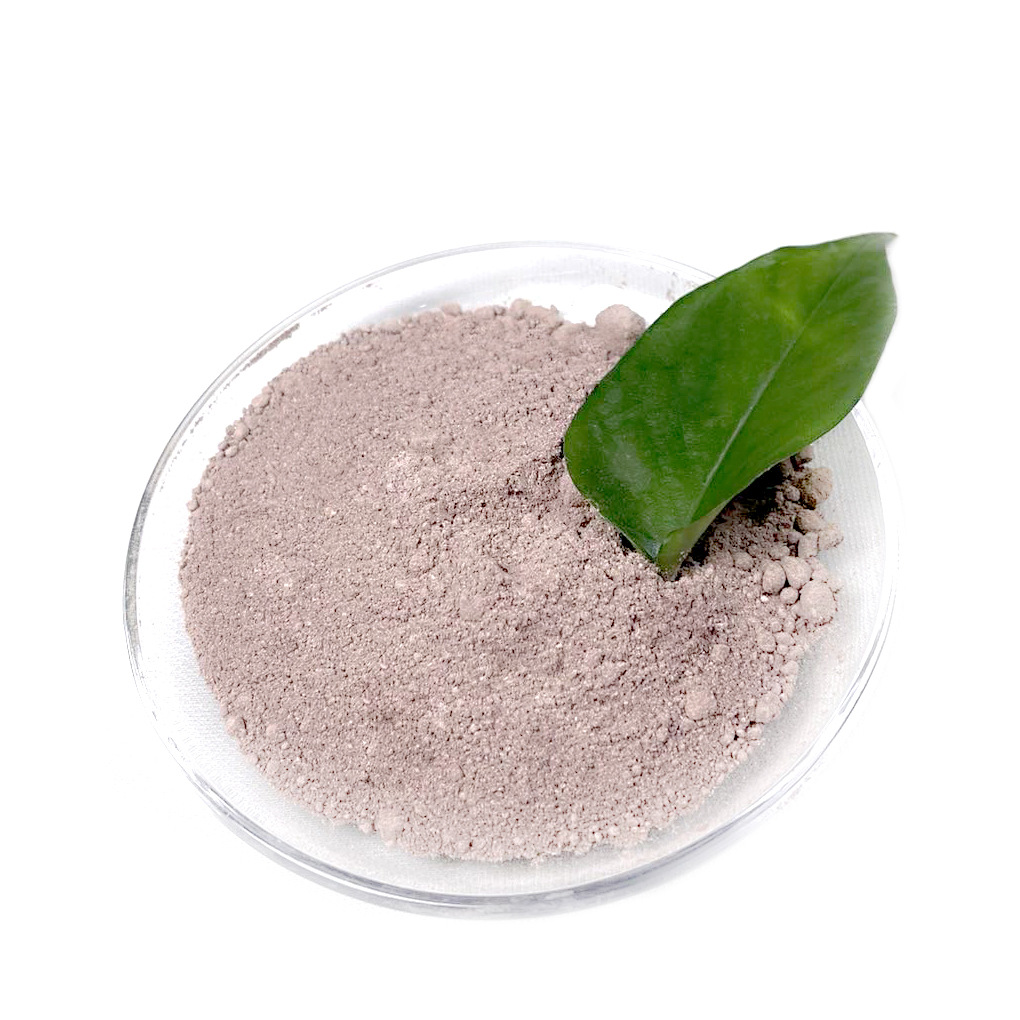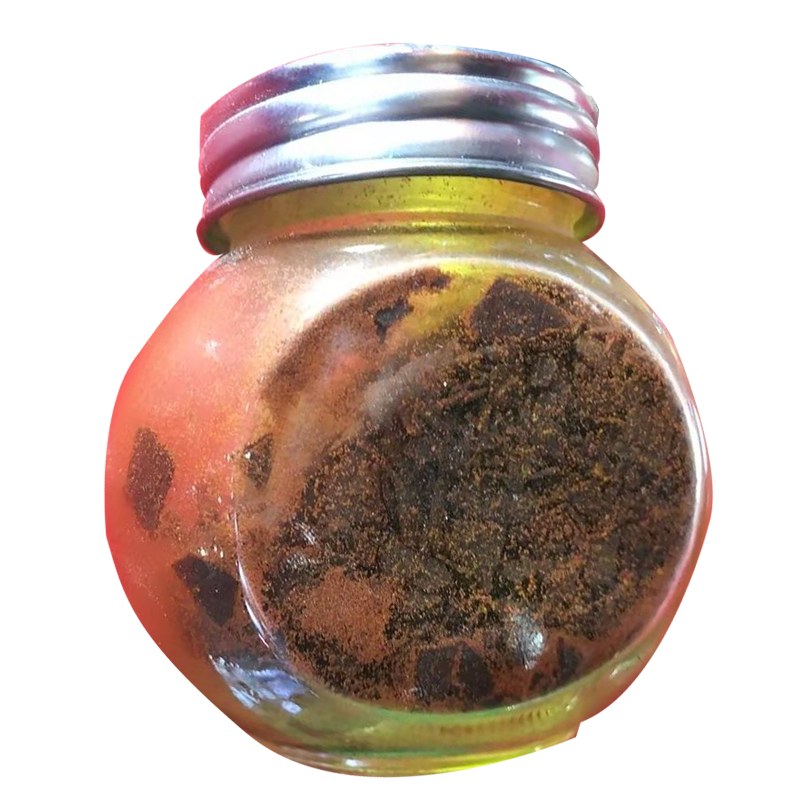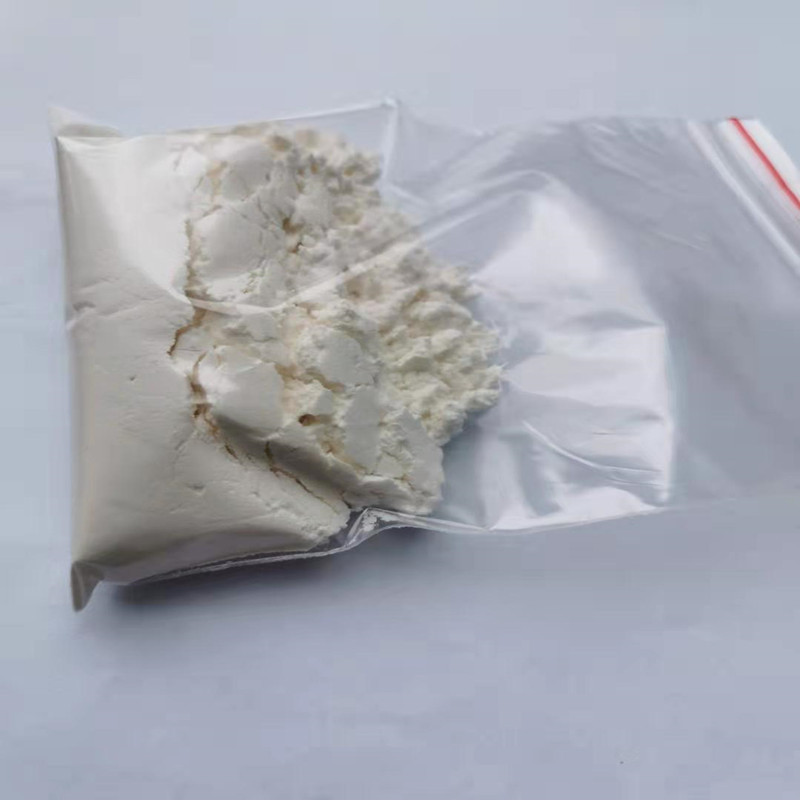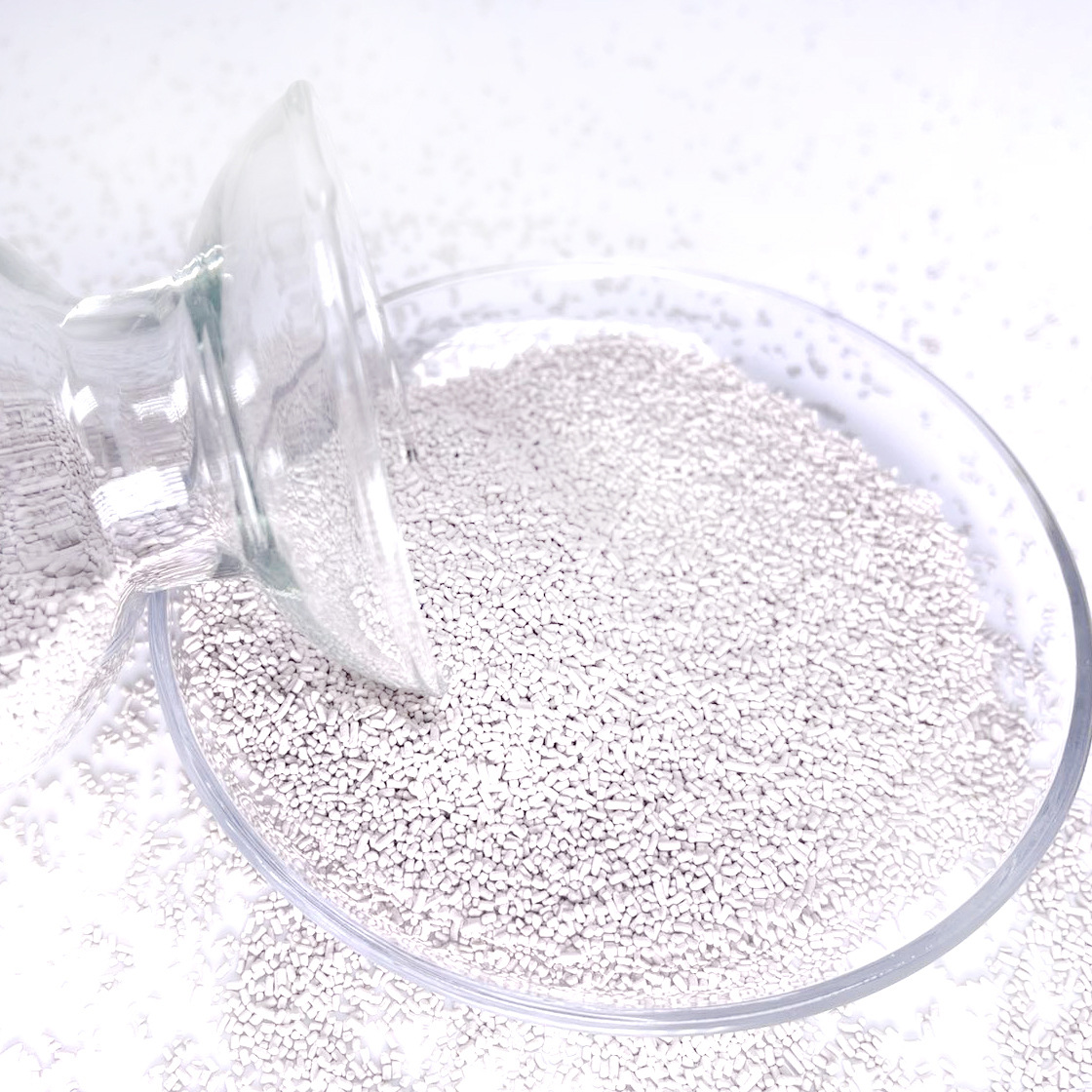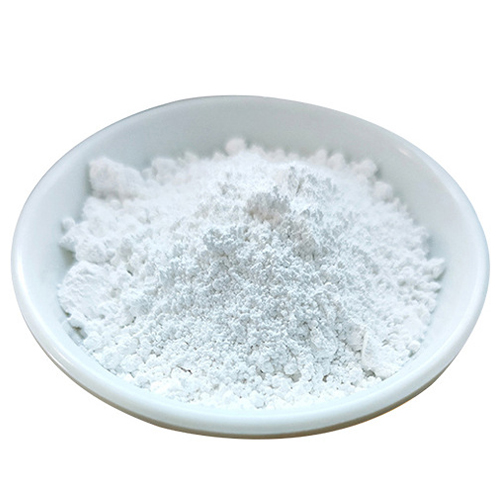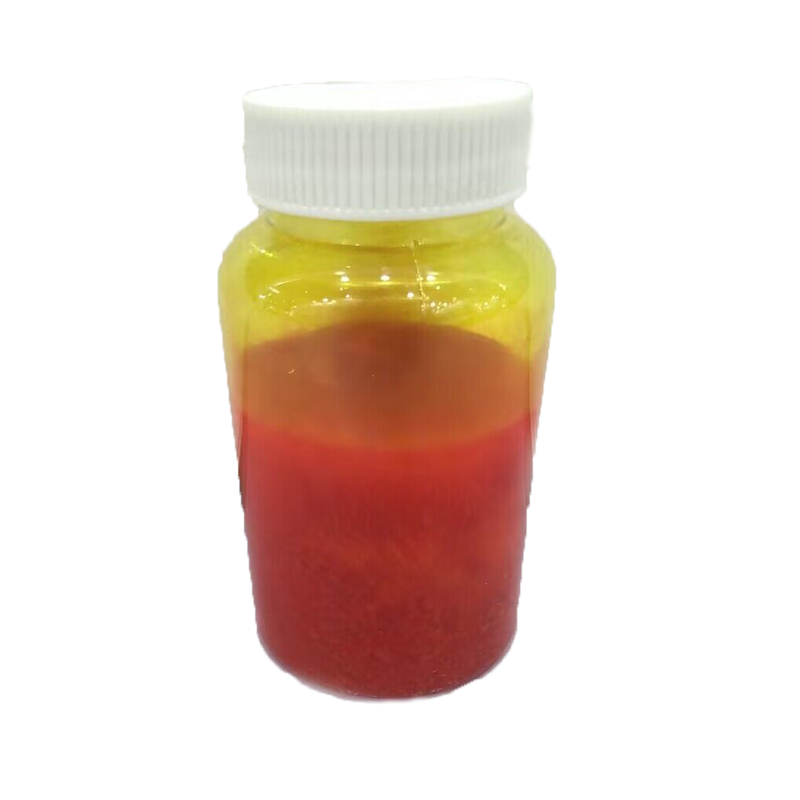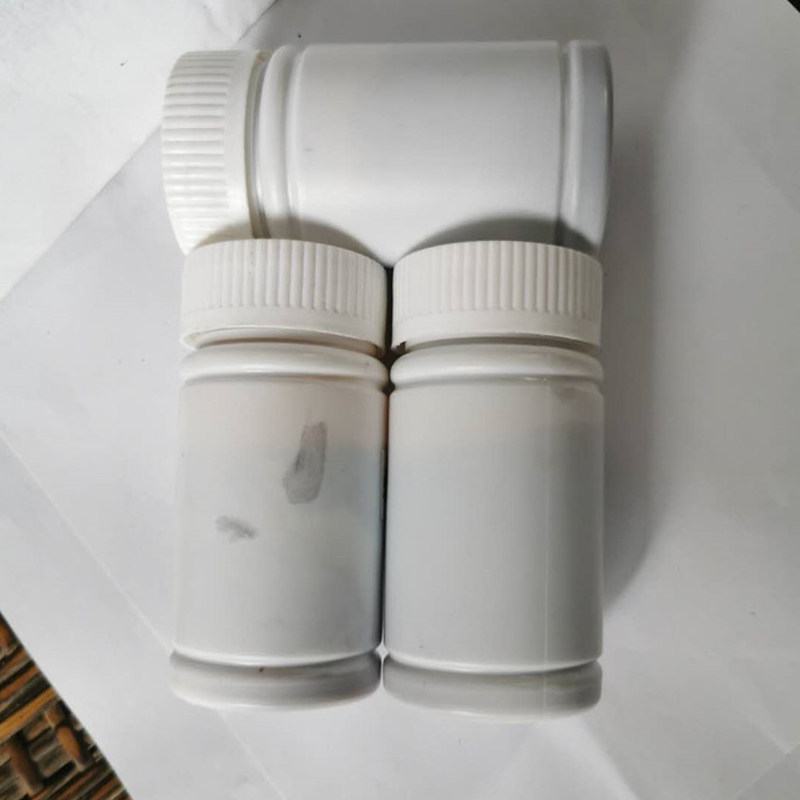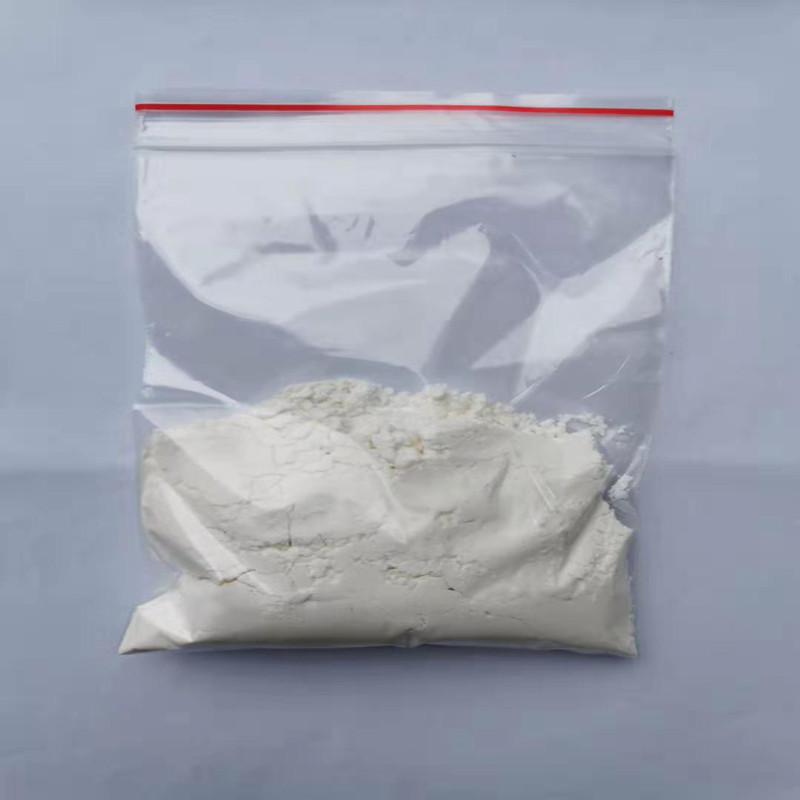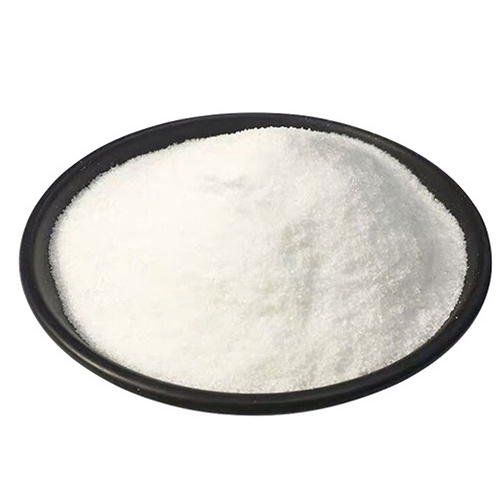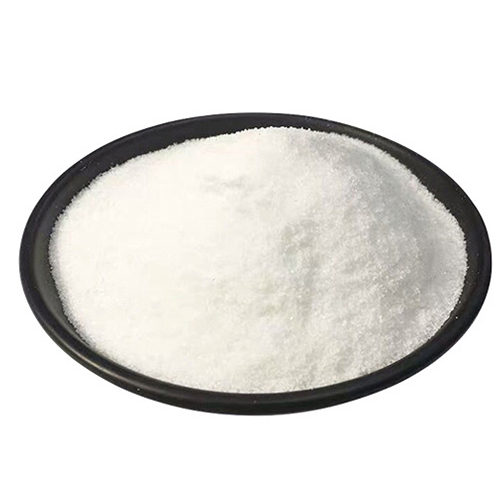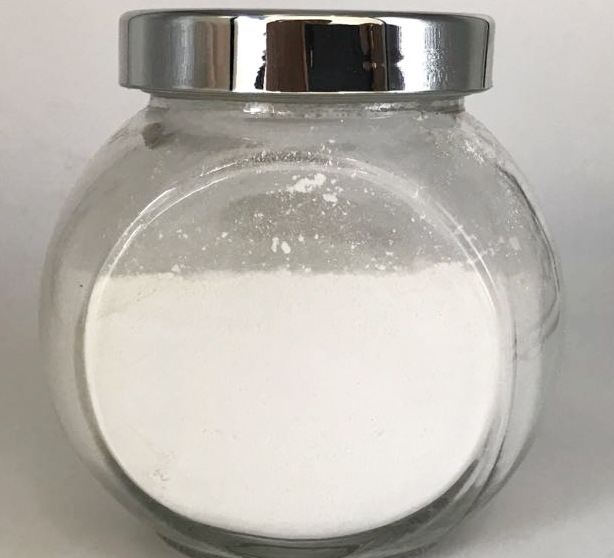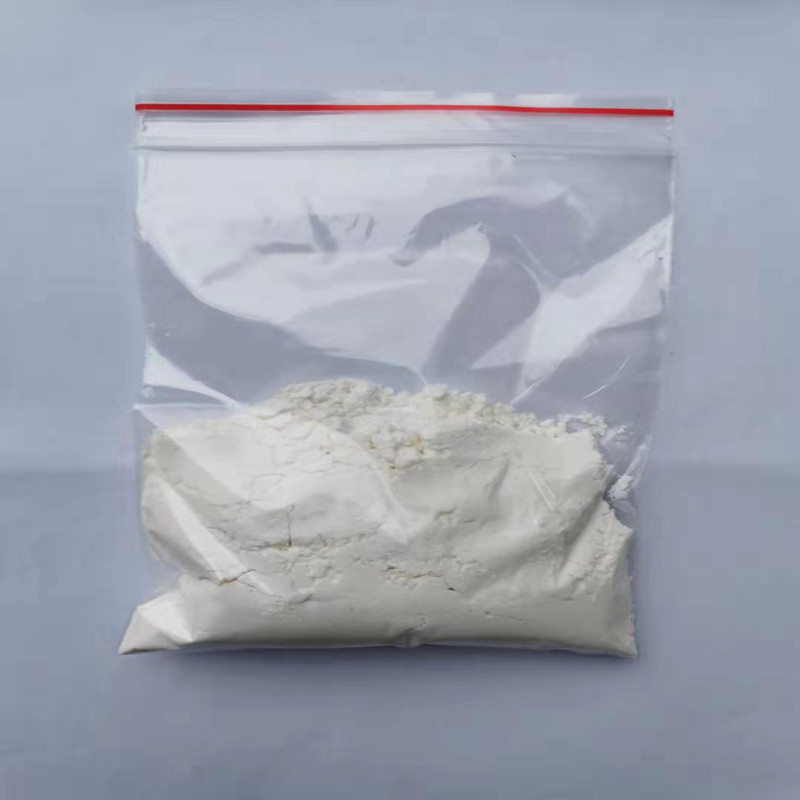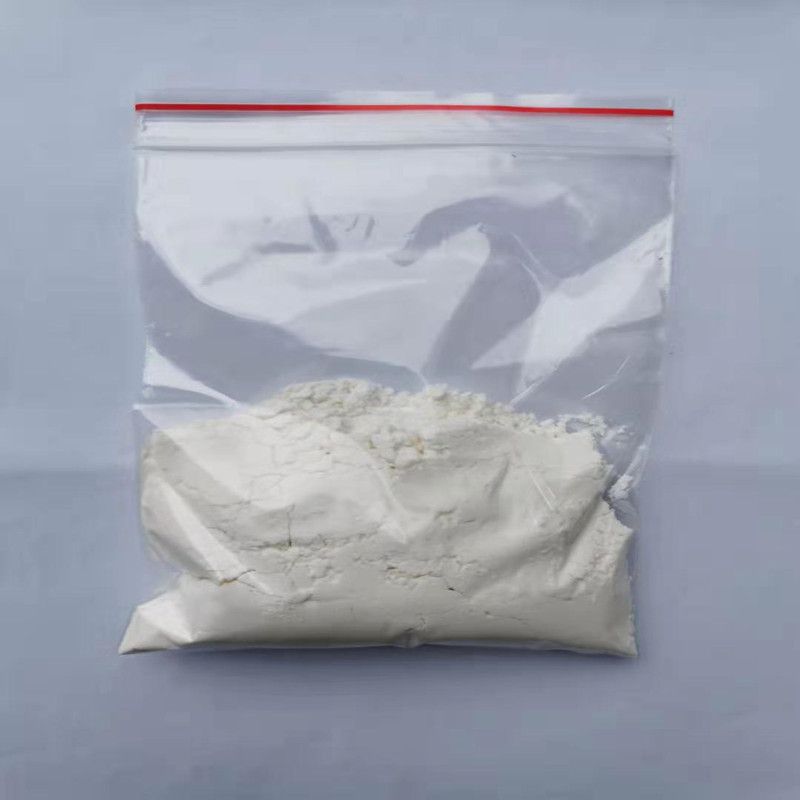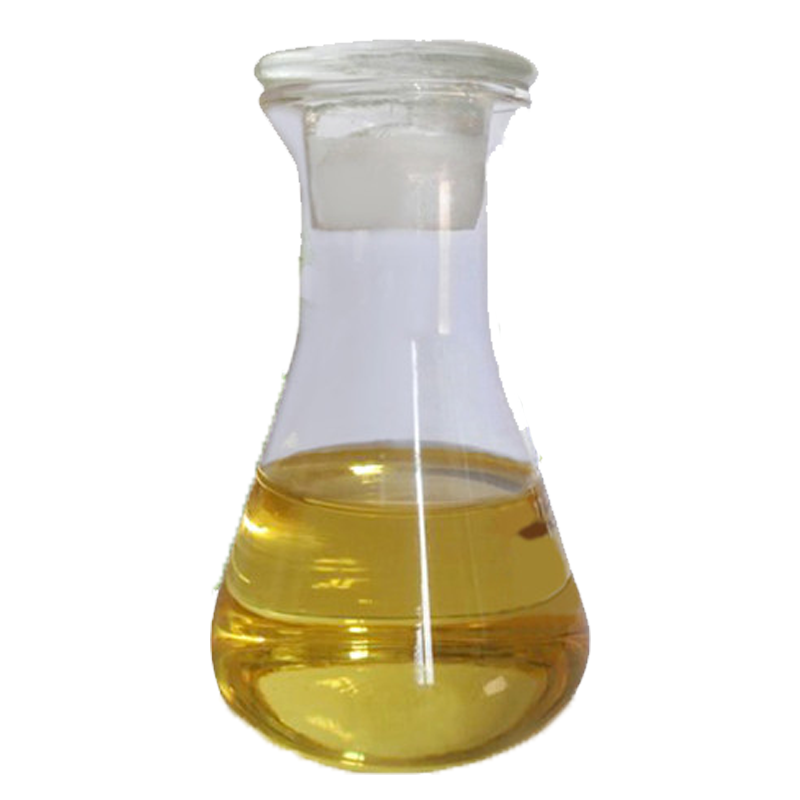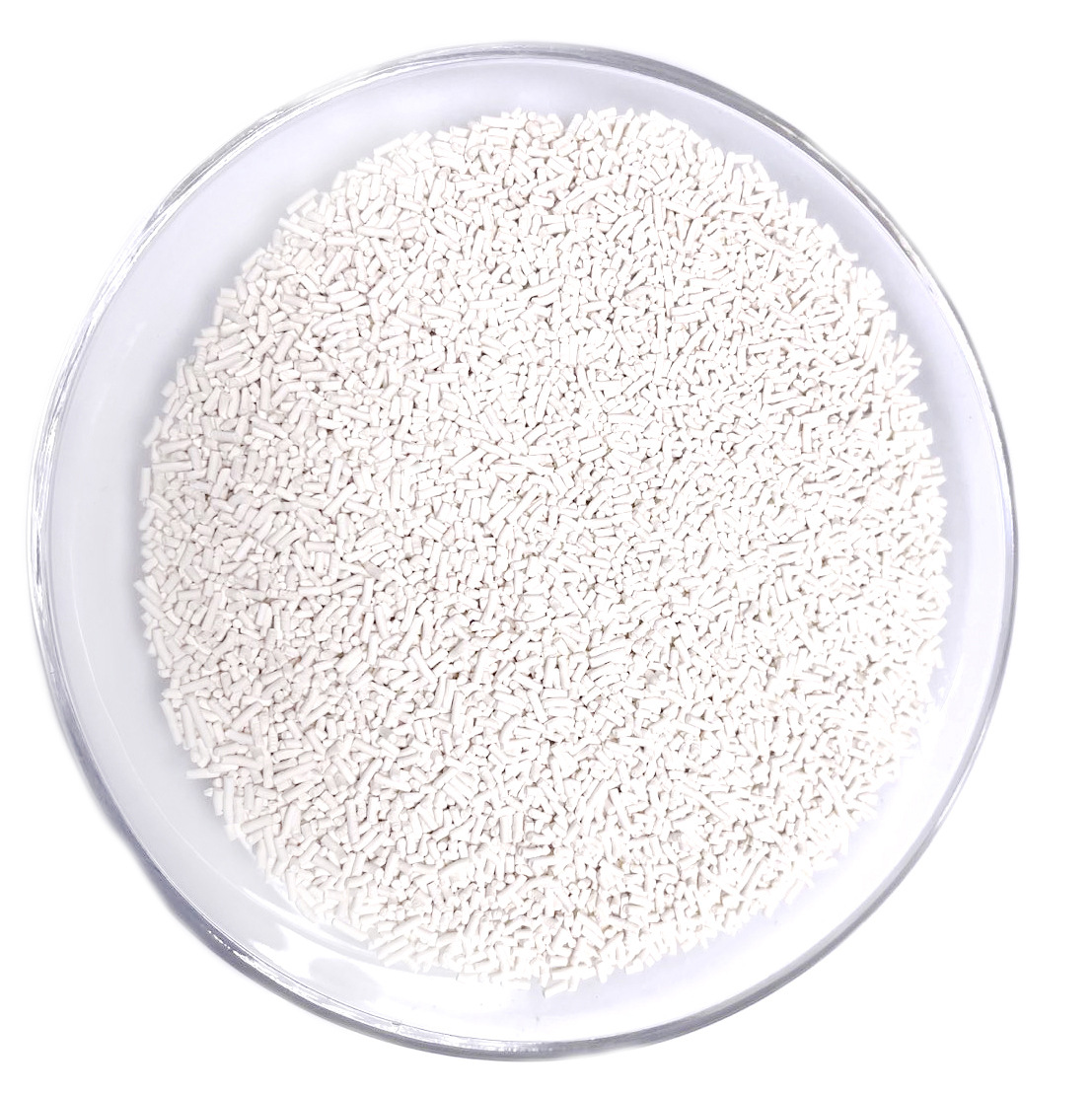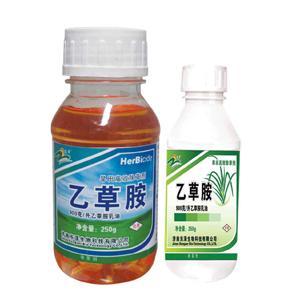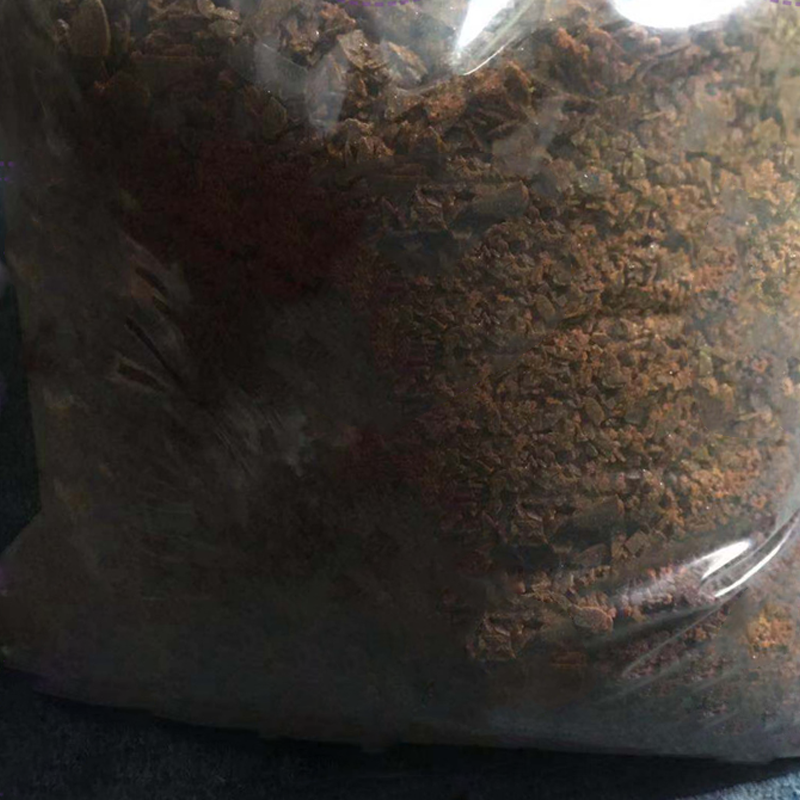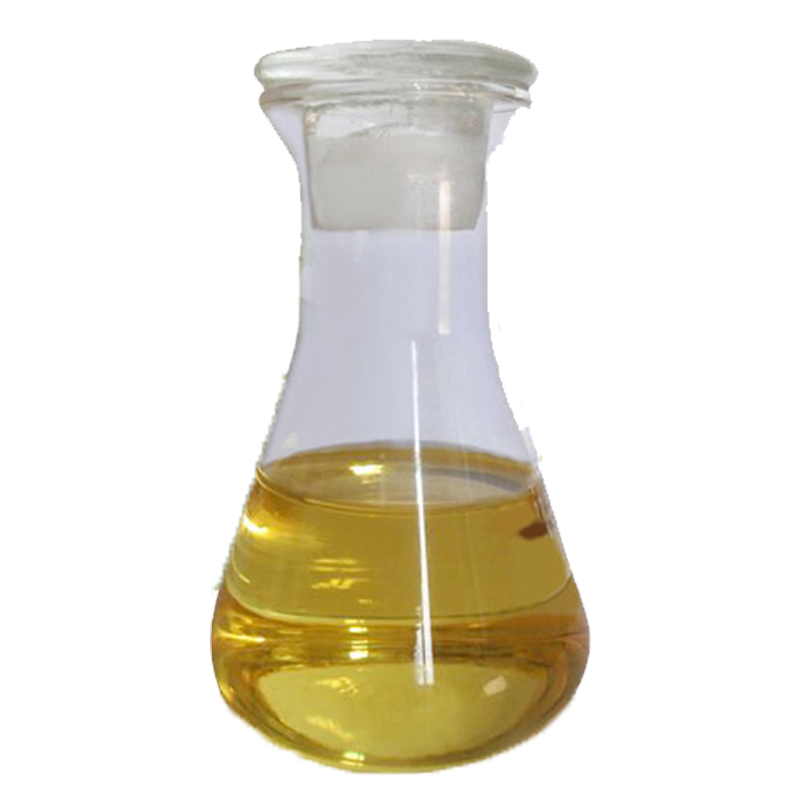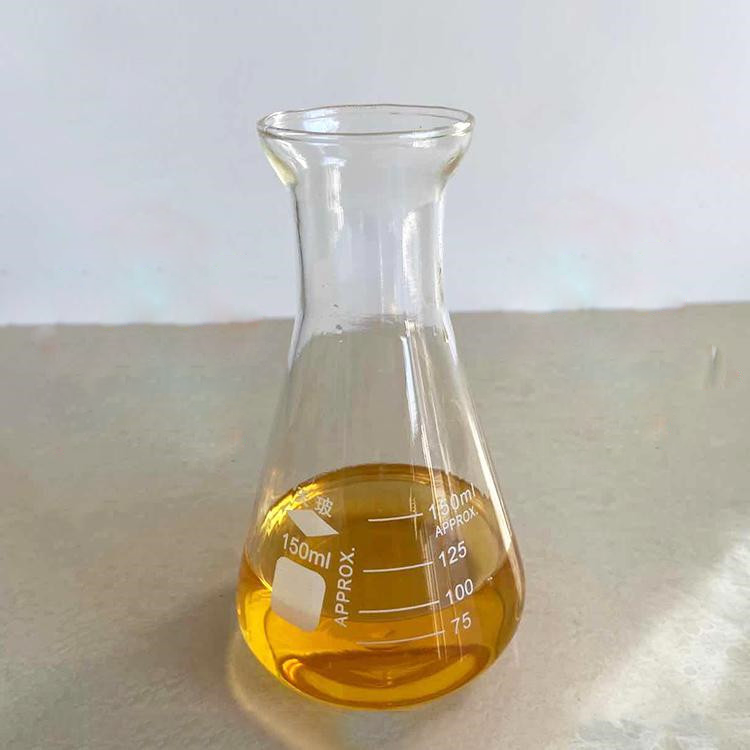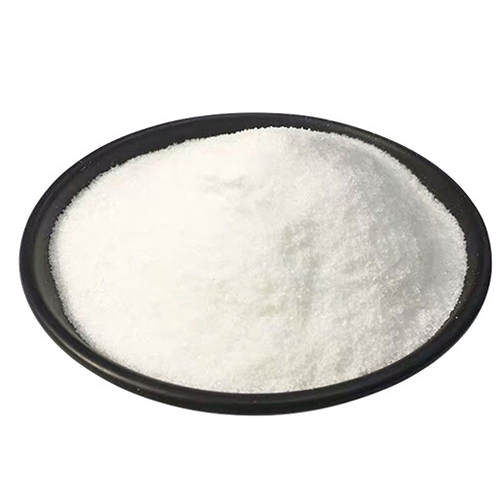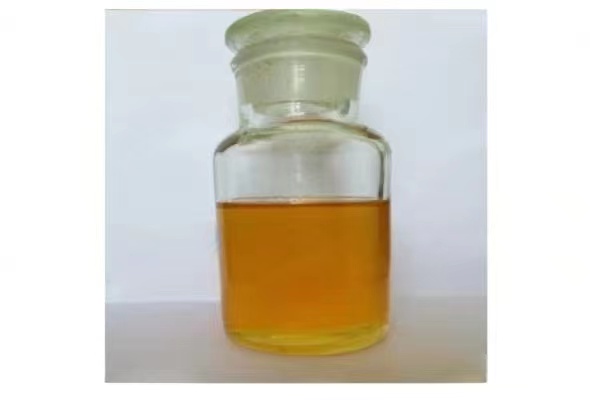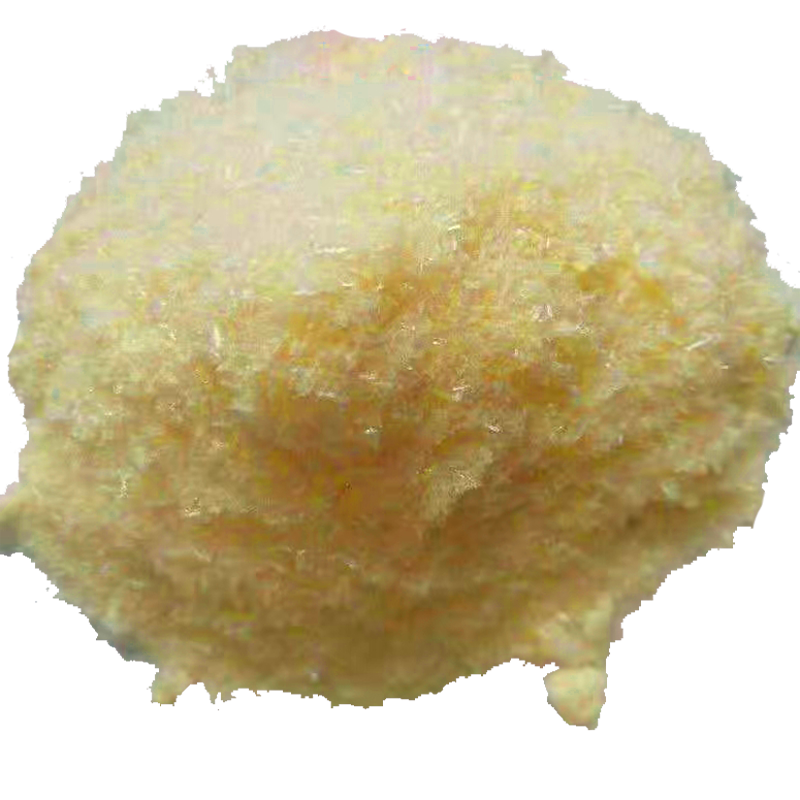
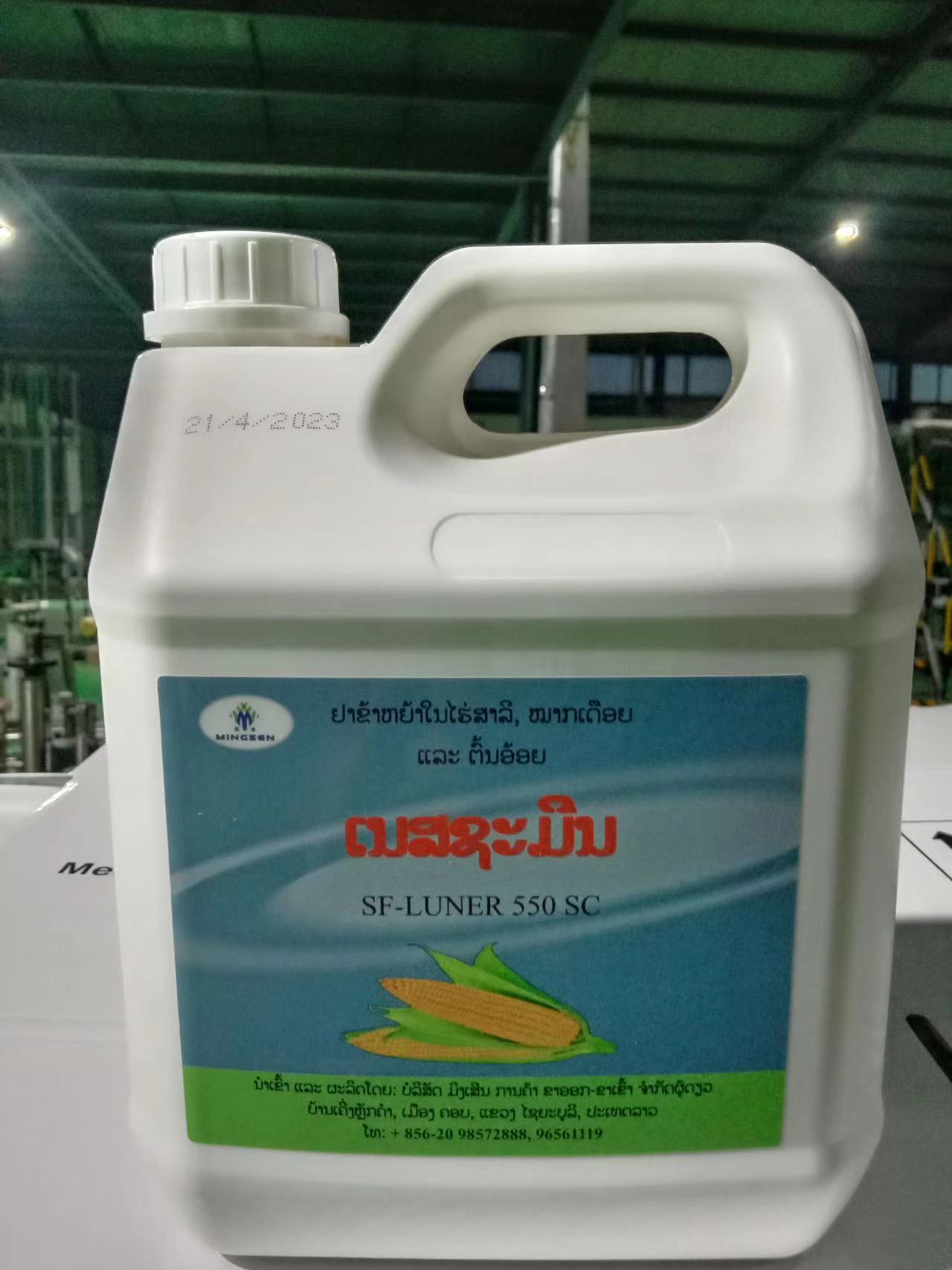
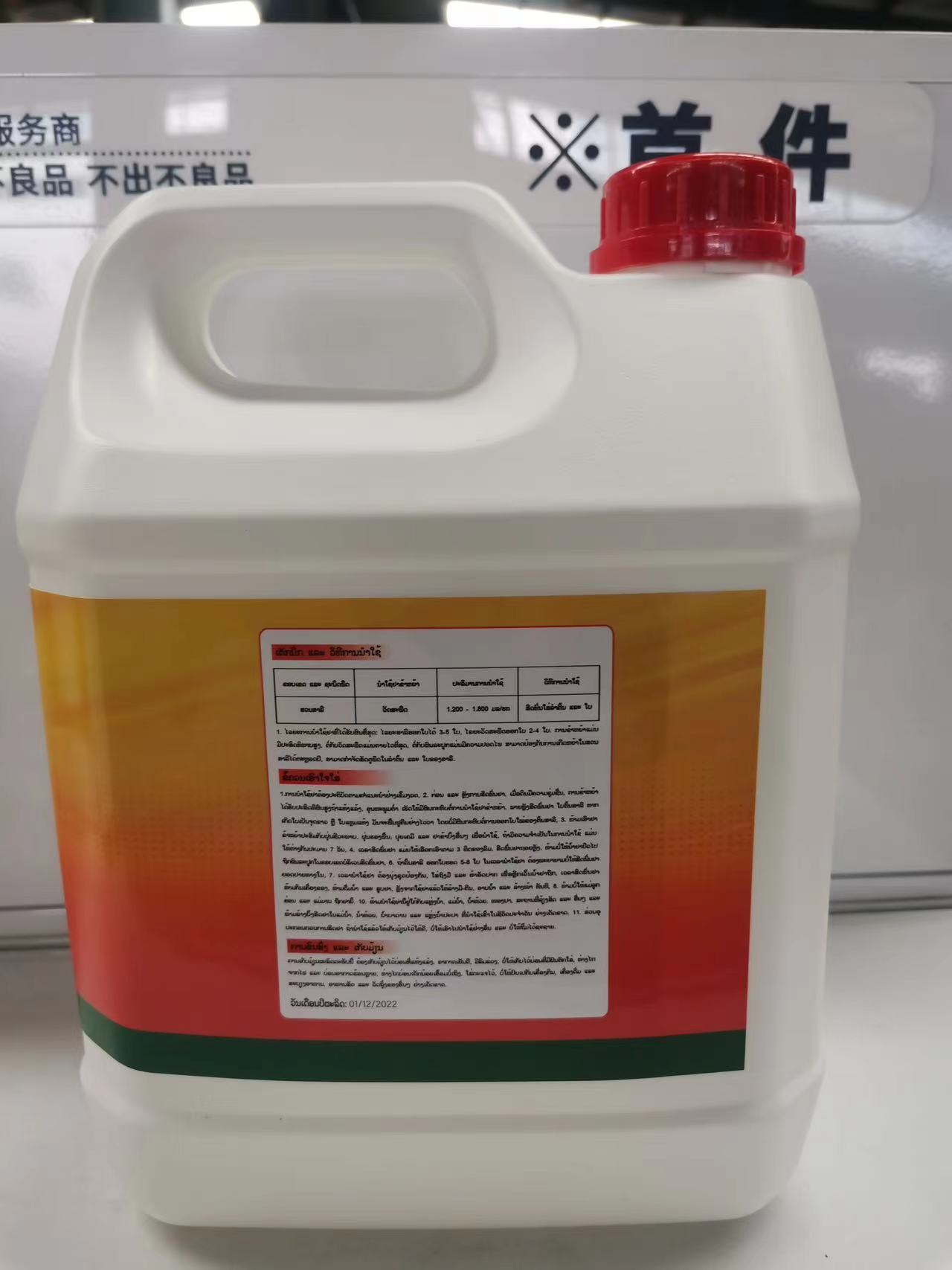
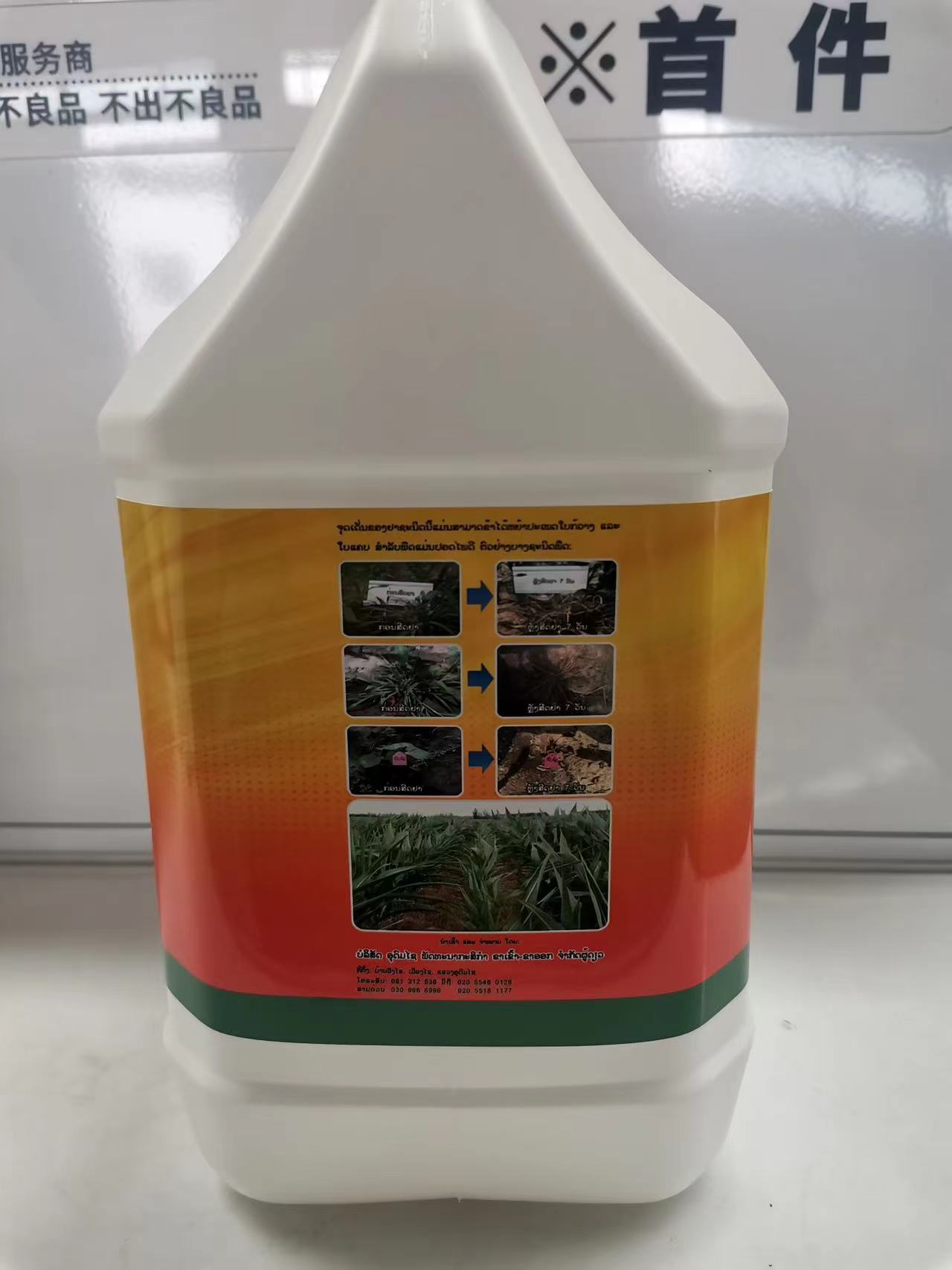
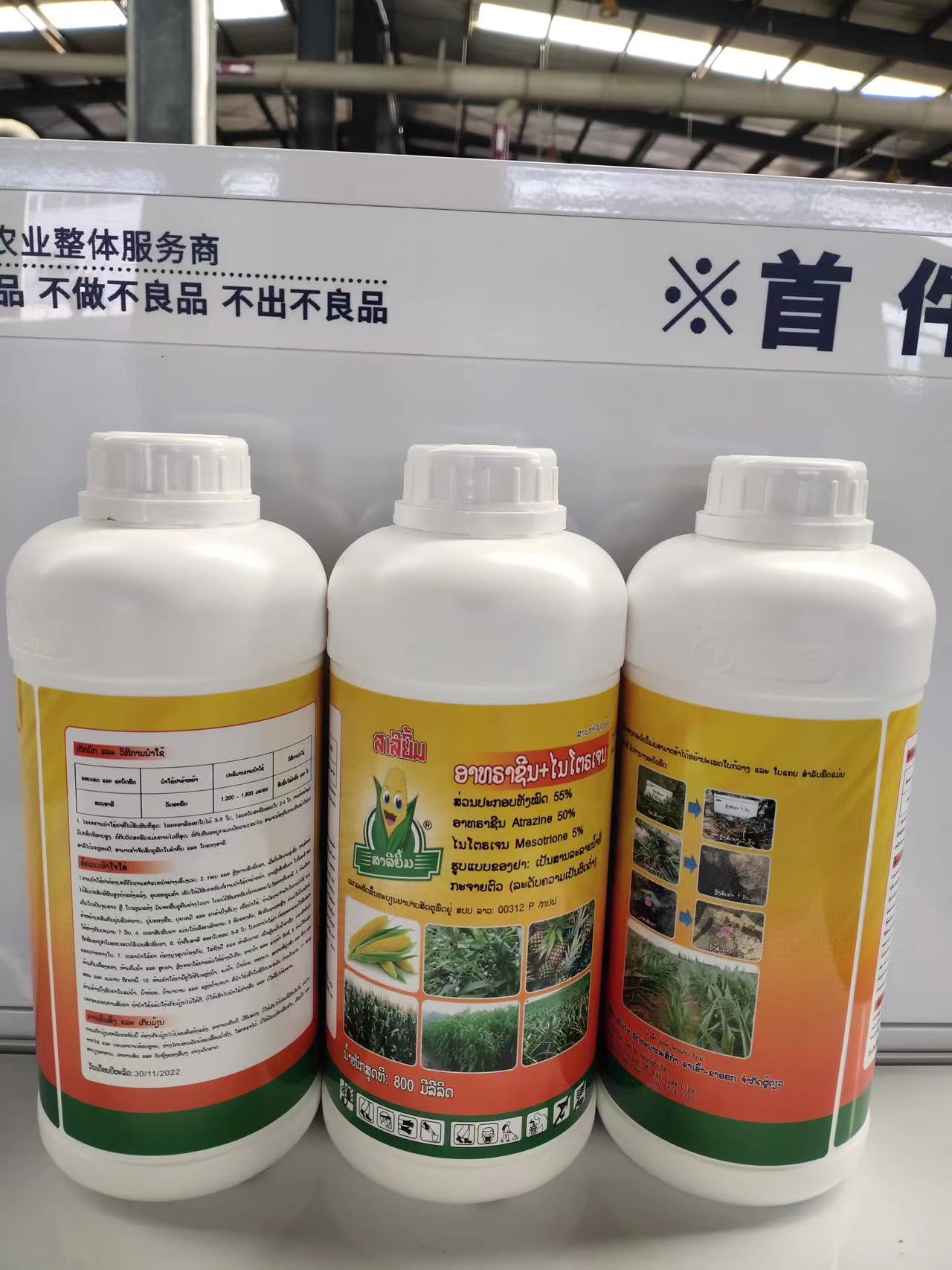
Herbicide Mesotrione 97%TC Cas 104206-82-8
Mesotrione is a new triketone herbicide, which can be used to control annual broad-leaved weeds and some grass weeds before or after emergence in corn fields, including main broad-leaved weeds and some grass weeds in the field .
CasNo: 104206-82-8
Formula:C14H13NO7S
Physical State: solid
Purity(%): 97%
Application: Agricultura
Color: brown or pale yellow
Formulation:10% ,15% SE,20% SE and used to manufacturer more formulated product
- Category: Herbicide
Mesotrione, also known as mesotrione, is a sister variety developed on the basis of the triketone herbicide sulcotrione. The original drug of mesotrione is brown or light yellow solid, the chemical name is 2-(4-methylsulfonyl-2-nitro-benzoyl)cyclohexane-1,3-dione, which is a new triketone It can be used for pre-emergence or post-emergence control of annual broad-leaved weeds and some grass weeds in corn fields, mainly including cocklebur, velvetleaf, quinoa, amaranth, polygonum, nightshade, ragweed and other large Most important broad-leaved weeds in fields and young barnyardgrass, crabgrass, foxtail, brachiaria,
Features of Mesotrione
1. High biological activity, the biological activity of mesotrione is more than 10 times that of sulcotrione, and it is more competitive than sulcotrione
2. Environmentally friendly, rapid degradation, and the final metabolite is carbon dioxide, the soil DT50 is about 9 days
3. The dosage of chemicals is low, it can be used as stem and leaf spray as well as soil spray
4. Broad control spectrum, effective against broad-leaved weeds and grasses
5. The patent period has expired, and there are few domestic registered enterprises
Mesotrione action characteristics: Mesotrione is an effective inhibitor of HPPD (4-hydroxyphenylpropionate dioxygenase), which is widely present in various organisms and catalyzes plastoquinone and fertility Initiating reactions in phenol biosynthesis. The optimum pH of this enzyme in phosphate buffered Chemicalbook solution is 7.3, but the activity range is wide; when the temperature increases from 23°C to the optimum temperature of 30°C, the activity increases by 2 times. Inhibition of HPPD results in tyrosine accumulation and plastoquinone depletion in plant meristems. Plants bleach and gradually die.
Applications of Mesotrione
Mesotrione is mainly used to effectively control annual broad-leaved weeds and certain grass weeds in corn fields, such as velvetleaf, cocklebur, amaranth, Chenopodium weeds, Polygonum weeds, Kochia, mustard, Barnyard grass, chickweed, black nightshade, crabgrass and other weeds are not only safe for corn, but also safe for the environment and subsequent crops. It is especially effective for weeds that have developed resistance to the use of sulfonylurea herbicides, and is also an important variety that replaces atrazine and other triazine herbicides that have been used for a long time and have a long residual period.
Mesotrione has many advantages such as wide herbicidal spectrum, high activity, low dosage, good environmental compatibility, low toxicity to mammals and aquatic organisms, very safe to corn, and no phytotoxicity to subsequent rotation crops. The global sales of mesotrione have been increasing year by year.
It can be used to control annual broad-leaved weeds and several grass weeds before or after emergence of corn, mainly including cocklebur, velvetleaf, quinoa, amaranth, Polygonum, nightshade, ragweed and other important field broad-leaved weeds. Leaf weeds and young barnyardgrass, crabgrass, foxtail, brachiaria, and other grass weeds.
Application fields of mesotrione
Mesotrione is not only mainly used in corn crops, but also in rice, sugarcane, lawn and other fields.
1. Rice
Mesotrione can effectively control young barnyardgrass and broad-leaved weeds and sedges resistant to sulfonylurea herbicides in paddy fields. In response to the new trend of broad-leaved weeds and sedges in rice fields, mesotrione was applied for field trials in rice fields in my country for the control of barnyardgrass, Qianjinzi, Yujiuhua/resistant Yujiuhua, and Coria / Resistant duck tongue grass, moshangcai, wolfba grass, clove polygonum, sweet sausage, duckweed, heteromorphic sedge, firefly lin / resistant firefly lin and cattle felt, etc. In 2013, Swiss Syngenta Crop Protection Co., Ltd. registered 5% Mesotrione Pretilachlor Granules (0.6% Mesotrione + 4.4% Pretilachlor, trade name Dajiangte) in my country for the purpose of transplantation. Plant rice fields, control barnyardgrass, some annual broad-leaved weeds and sedges. This is the only product containing mesotrione currently registered in my country's rice fields. In 2014, the preparation was launched in China. According to the recommended dosage, its control effect is above 90%.
2. Sugar cane
38% Nitrazine WP (14% Cyanazine + 20% Ametrazine + 4% Mesotrione) is used to control annual weeds in sugarcane fields. This is currently the only mesotrione product registered for use in sugarcane fields. The unique mechanism of action of 38% Nitrate·Cyanazine WP ensures that it can quickly and broad-spectrum control a variety of broad-leaved weeds and major grass weeds in sugarcane fields with high safety. Under the recommended dosage, it can effectively control grass weeds such as crabgrass, foxtail, goosegrass, and barnyard grass, and broad-leaved weeds such as velvetleaf, cocklebur, retroverted amaranth, and red sorrel, and inhibit perennial malignant weeds. Herba Aconiti etc.
3. Lawn
40% Mesotrione SC has been used abroad for ryegrass, bluegrass, bermudagrass, tall fescue and other lawns to control weeds. Based on herbicidal activity, safety to lawn, ornamental quality, etc., domestic tests show that 40% mesotrione suspension concentrate 480g/hm2 (dosage of active ingredients) is safe for bluegrass and bermudagrass lawn, and it is safe for the tested weeds (reverse Amaranth, Chenopodium and Chinese crabgrass) the control effect within the 7-leaf period was more than 90%; its 240g/hm2 (active ingredient dosage) treatment was safe for tall fescue turf, and the control effect of the tested Amaranthus retroflexus and Chenopodium within the 7-leaf period Up to 90%. Within the dosage range of this agent, it has no effect on the biomass and ornamental quality of bluegrass, but it will have certain effects on other lawns tested.
Package of Mesotrione
We also supply some accessories to add more functions for end-users' convenience, which also help our distributors and business partners sell our products in their area. Any special package requirements, please don't be hesitate to tell us.
Large Package:
Solid: 25Kg UN approved fiber drums with LDPE liner;
Liquid: 200L UN approved HDPE or iron drums.
Retail Package:
Solid: 10g;50g;100g;500g;1kg;5kg;25kg
Suppliers of Mesotrione
Agripestcide is a professional agrochemical chemical manufacturer supplying high quality and effective Mesotrione with high quality and good service. If you are looking for bulk Mesotrione, please feel free to contact us for the latest price.
Name | Mesotrione |
Formula | C14H13NO7S |
Molecular Weight | 339.32 |
EINECS N0. | |
Melting Point | 165° |
Boiling Point | 643.3±55.0 °C(Predicted) |
Physical State | solid |
Color | brown or pale yellow |
Purity | 97% |
Package | 25kg Cardboard barrel |
Application | Agricultural |
Storage | Ventilation low temperature drying |
Sample | Available |
EXP | 2 years |
Send an Inquiry
Your email address will not published. Required fieled are marked.
Related Products
Check out other related Products

